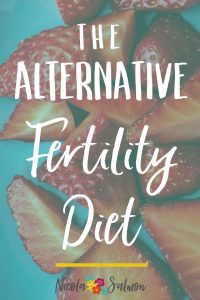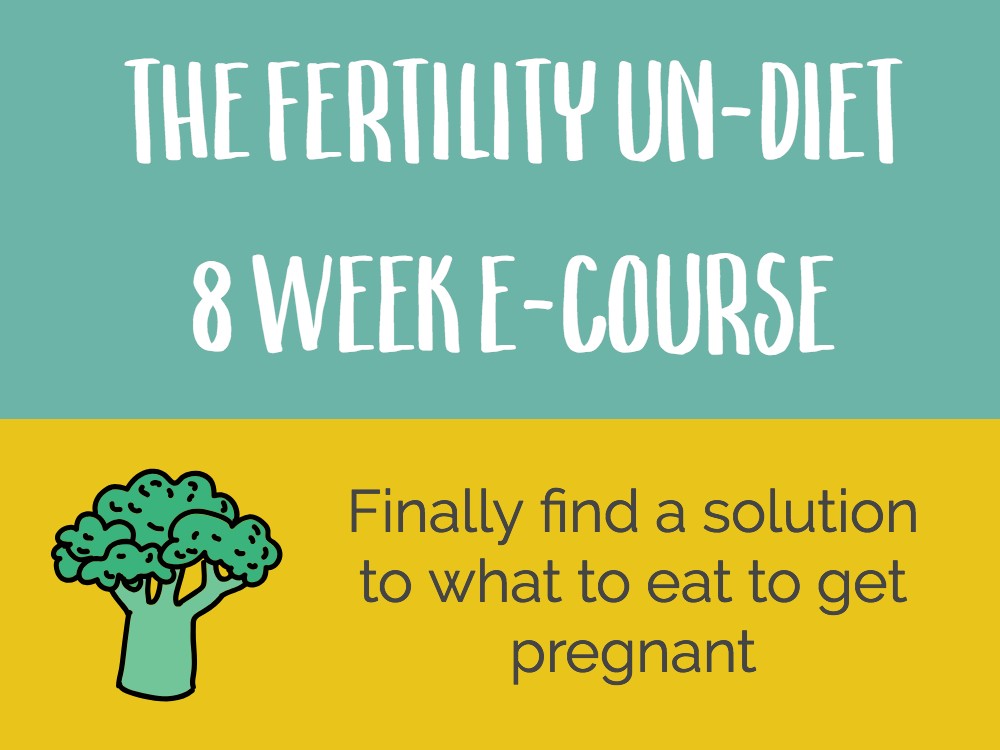

My dieting history is long. So long that you’d better grab a drink and hunker down because we might be here a while (#jokingnotjoking)
Food has taken up a lot of my time and energy for most of my life. The first time I became aware that food was a “thing” for me, I was probably about 8 or 9. I still vividly remember my grandparents buying me different post-school snacks than my sister because they were lower calorie. Their hearts were completely in the right place but it brought my attention to the fact that due to my body, I was restricted from eating certain foods.
 The non-exhaustive list of diets that I followed from about 13-28 includes
The non-exhaustive list of diets that I followed from about 13-28 includes
 The non-exhaustive list of diets that I followed from about 13-28 includes
The non-exhaustive list of diets that I followed from about 13-28 includes
- Rosemary Connelly (fond memories of their line dancing classes!)
- Weight Watchers (obviously! Where it all began)
- Slimming World
- The Atkins Diet (meat fest! By far my favourite)
- The Harcombe Diet
- The Cabbage Soup Diet (lasted about 4 hours)
- The Cambridge diet. (This one I had to get from a pharmacist. Wow just wow!)
- The Low GI Diet
- The Food Doctor Diet
- The 5:2 Diet
- What you are eating and drinking
- When you are eating and drinking
- Your energy
- Your mood
- Your sleep
- Any signs and symptoms you experience (eg headaches, IBS, back pain etc)






